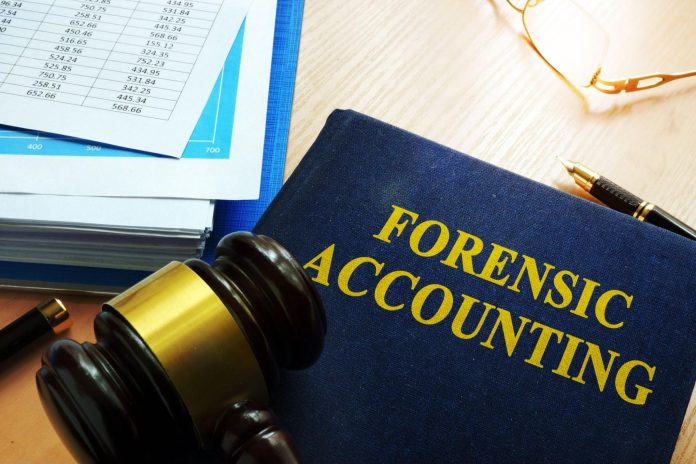In the world of forensic accounting, finding fraud is about more than just crunching numbers. It’s about uncovering hidden truths. A Certified Public Accountant (CPA) plays a key role in this process. They look beyond the surface to identify discrepancies and dishonest practices. Their skills transform complicated financial data into clear insights. This is especially true for a tax accountant Alexandria expert. They bring local knowledge and precision to detect fraud effectively. CPAs use their expertise to piece together financial puzzles, revealing the full picture. These professionals help ensure financial integrity and transparency. They protect businesses and individuals from fraudulent activities. In today’s complex financial environment, having a CPA is a powerful tool. They help you navigate challenges with confidence. By trusting CPAs, you gain a partner in maintaining financial honesty. Their detailed evaluations and strategic solutions make them invaluable allies in fraud detection.
Understanding Forensic Accounting
Forensic accounting combines accounting skills with investigative techniques. It is essential in legal cases, especially those involving fraud. These accountants scrutinize financial documents, looking for inconsistencies. Their findings can be presented in court to support legal actions. This requires a deep understanding of accounting and legal systems. CPAs have the training to decipher complex financial records.
The Role of CPAs in Fraud Detection
CPAs play a crucial role in detecting fraud. They examine financial records meticulously, identifying red flags. Their expertise allows them to spot unusual transactions or accounting irregularities. CPAs use a structured approach to evaluate data. They rely on their analytical skills to uncover fraud schemes. By comparing records over time, CPAs can identify patterns indicative of fraud.
Common Fraud Detection Techniques
- Data Analysis: CPAs use software to analyze data for anomalies.
- Interviewing: They conduct interviews to gather more information.
- Document Examination: CPAs review documents to ensure accuracy.
These techniques enable CPAs to detect discrepancies efficiently. They help in linking evidence to fraudulent activities, providing a clear picture of wrongdoing.
Comparison of Traditional and Forensic Accounting
| Aspect | Traditional Accounting | Forensic Accounting |
|---|---|---|
| Purpose | Record keeping and reporting | Investigation and evidence gathering |
| Approach | Routine and periodic | Detailed and analytic |
| Outcome | Financial statements | Legal evidence |
This comparison shows the distinct focus and outcomes of each accounting type.
Real-World Impact
Forensic accounting serves a critical role in real-world scenarios. A Government Accountability Office (GAO) report illustrates how CPAs uncover financial mismanagement. Such efforts restore trust in organizations. CPAs not only identify fraud but also recommend preventive measures. Their expertise helps in crafting more robust financial systems.
Why Choose a CPA for Fraud Detection?
CPAs offer trustworthy expertise, grounded in professional ethics. Their work helps ensure compliance with regulations. CPAs bring value through their integrity and attention to detail. By choosing a CPA, you secure a professional dedicated to upholding financial truth. They are equipped to handle complex situations, providing clear solutions.
Conclusion
CPAs are essential in the fight against fraud. Their unique skills in forensic accounting make them invaluable partners. Through diligent analysis and strategic insight, they protect your financial interests. Trust in a CPA to safeguard your organization’s integrity. With their help, financial transparency becomes attainable and fraud detection more precise.



